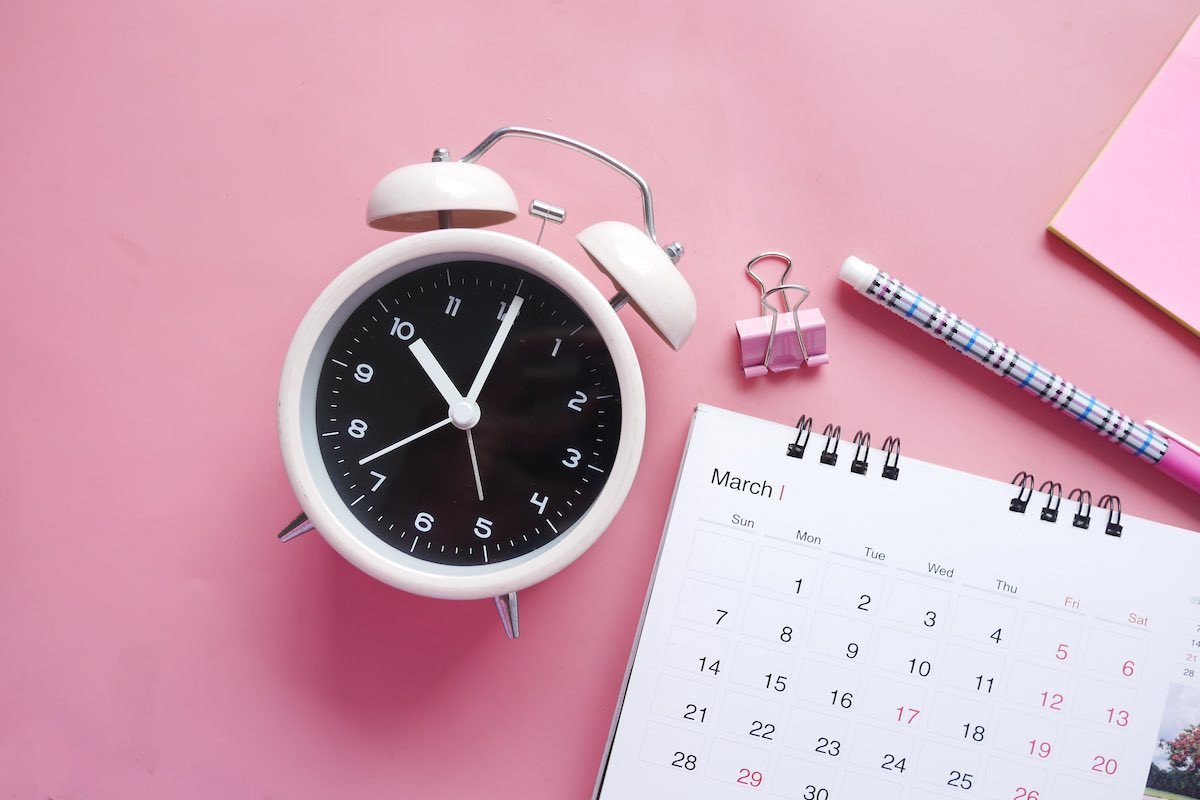You've been dreaming about the possibilities of working for yourself for a while now, but when is the timing right?
It might come as a eureka moment or (more likely) as an inkling you’ve had for awhile, but somehow it hits you that you want to explore possibilities beyond your 9-to-5 and maybe eventually
become a freelancer full-time. Your friends may think you’re crazy to want to leave your steady job, and your family doesn’t even understand what being a freelancer means, but you know that despite the risks, you’re ready to seek the freelance rewards.
Diving into freelance (especially if you're aiming to do it full-time) is challenging and shouldn’t be decided rapidly. It’s wonderful that you believe you are ready for this move, but now's the perfect time to double-check those priorities. Here are some key points you should consider to see if you’re actually ready to freelance:
You're Ready to Break From the 40-hour Week (But Also Willing to Sometimes Work 70)
The first step to knowing whether you’re ready for freelance is to recognize that you'll need to make a
huge lifestyle change and that you'll need some
specific personality traits to ensure your success. Think: freedom to set your own hours, freedom to travel, and freedom to work in your pajamas while binge-watching
Gilmore Girls. Yes, yes, and double yes! But it also means you risk financial security, lose out on a 401k and benefits, may need to sacrifice some of your evenings out with friends (months of them even), and will run the risk of becoming a cavewoman by working at home every day.
Starting your own gig takes a lot of dedication and nose-to-the-grind type work, especially when you're first starting out. It means leaving a day job and commuting home, only to work again. It means networking and pitching and self-promoting until you no longer have to introduce yourself. It means hustling until you’re at the level of success you want to be. Being a freelancer also means you’re your own human resources department, sales department, legal team, account manager, CEO, etc. (Although, note: even though you may wear all the hats, you can seek out others to help. Most full-time freelancers have an accountant).
You Accept That You'll Never Know Enough (But You'll Keep Trying)
Once you realize you’re ready for a lifestyle change and think freelance might be the golden ticket to achieving your goals, the next step is to do some major research. Start by reading through the countless articles online or check out books from your library about freelancing, remote work, and contracting. Take notes and create a list of aspects that you will enjoy and the aspects that may be a challenge for you.
There is quite a bit of research to do on the subject so it may take some time. You don’t have to be an expert at first, but you should be knowledgeable about some key things, such as:
You'll also need to do copious amounts of research on your chosen industry. What sets you apart from other people offering their services? Create & Cultivate founder,
Jaclyn Johnson puts it best:
"Do your research about the business you want to start. Find your competitors. Find your potential customers and talk to them about what they want and what's missing from their lives. Create your business around that need."
That should be enough to start. As you go forward, you'll learn new information, whether from research or by experience.
You're ready to Face Your Finances
You may have this grand idea that you will make bank as a freelancer. That can be your reality, but that won’t happen overnight. Freelancers live with the daily risk of losing their clients and work due to shifting company budgets and leadership. Plus, being a freelancer means that your gross income is not your take-home pay. You'll need to allocate some (OK, much) of it to taxes, health care, and benefits since you don’t receive the same perks as you would as a full-time employee.
Establishing a financial plan is essential to becoming a freelancer. Creating a 12-month
budget projection on what your income goals are and what your expenses may be will give you a sense of how much you need to make to live comfortably. Saving up some cash before diving into freelancing full-time is a smart idea (recent Contessa,
Sheeva Sairafi set aside a year's worth of income), just in case starting out takes a bit longer than you expected or something comes up. And don't forget to develop a backup finance plan in case you lose all your clients at once and don’t land another client for five months (this is a reality...).
You Love to Work, Work, Work, Work, Work
When my friends come to me wanting to learn more about freelance, two of the first things they ask are “How do I go about getting clients? and "How many clients should I have to start out?”
Landing your first couple clients can definitely be a challenge. My advice is to reach out to your current contacts and utilize third-party matching services to pitch to potential new clients.
There's no magic number, but freelancers starting out should aim to land at least two high-paying or steady paying gigs and then two/three small, lower paying gigs. This way if you lose one or two, you’ll at least be covered by the other ones. This will also allow you some cushion room to seek out new business without winding up eating ramen every night.
Since clients can come and go quickly. The key is to find the right balance of knowing when to take on more clients and when to hold off and focus on managing the ones you already have. You know how much work you’re able to handle and how much time you want to spend as a freelancer, so set your workload accordingly.
If you check all those points off, then you may be ready to freelance. Good luck on your new adventure!










